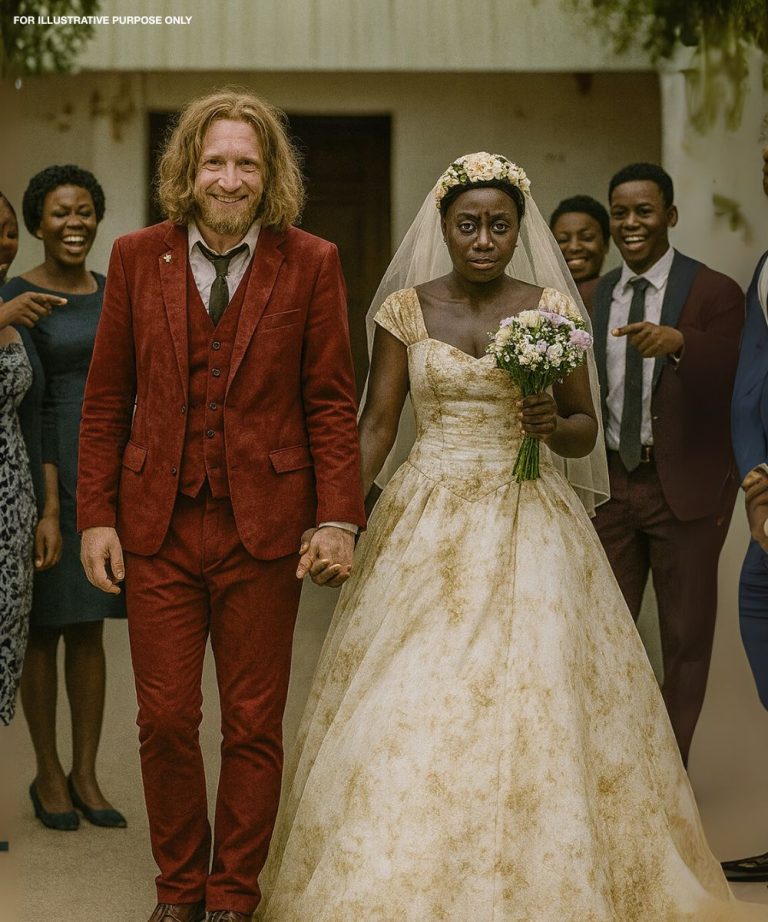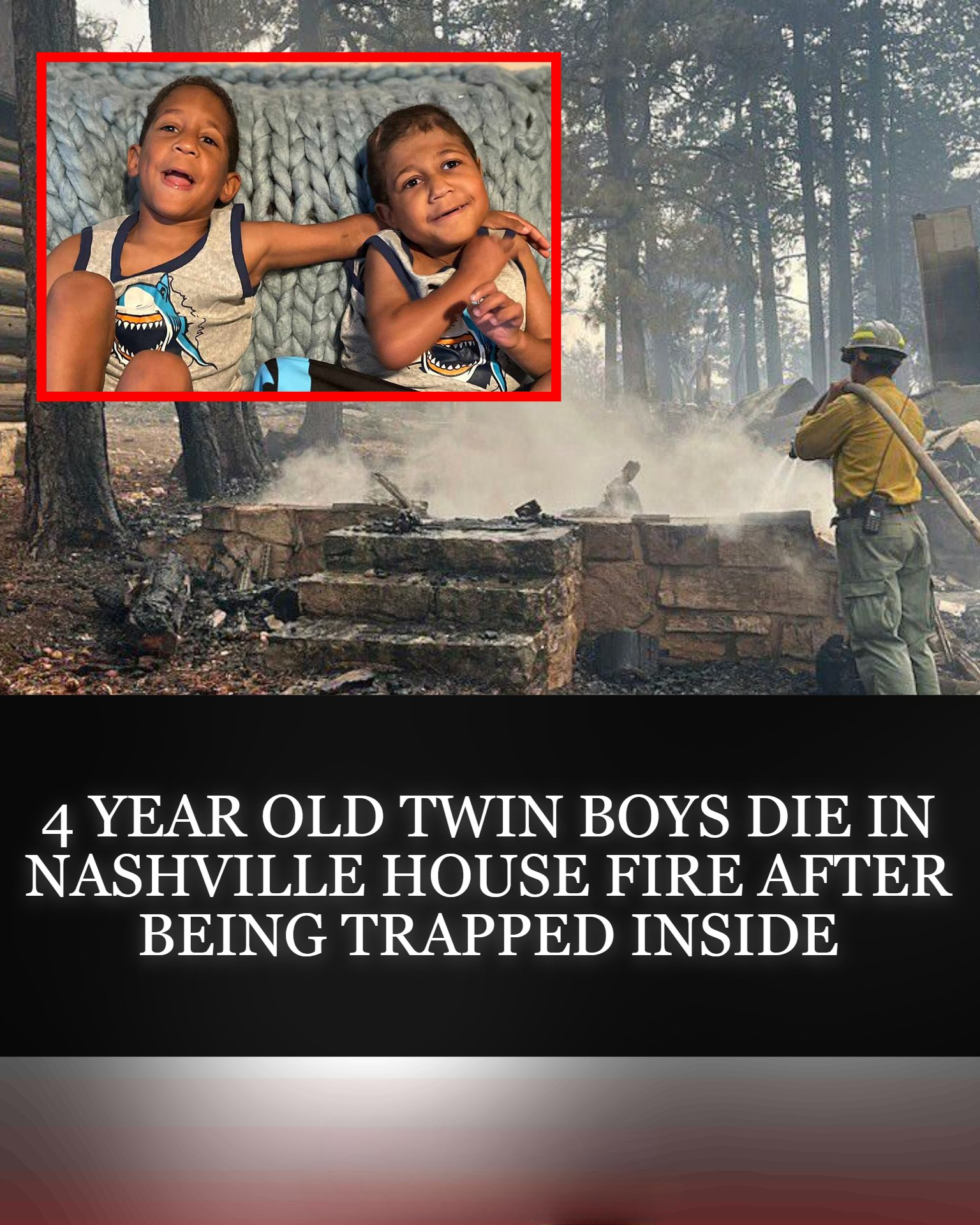It was a calm Saturday in Kingston, but inside the old banquet hall, the atmosphere was tense. The place had a rustic charm which was aged beams, budget decorations, nothing extravagant, nothing special. The wedding of Angela Johnson and Malick Thompson was underway, though to many guests, it felt more like comedy than celebration.
Angela’s family filled the seats, her friends were there, and a handful of Malick’s acquaintances too. None of them knew that the man they’d been mocking for weeks, the man they thought was beneath her, was about to alter everything.
Angela, 28, was radiant with her warm smile, elegant presence, and glowing skin had always made her the pride of her community. She had a degree, a steady marketing job, and a future most envied. Yet despite her success, love had always eluded her.
Then came Malick.
In his late thirties, with a scruffy beard, worn clothes, and a limp, Malick looked every bit the homeless man people assumed he was. He smelled unkempt, his appearance disheveled, but behind his tired eyes was a gentleness that drew Angela in. They met at a soup kitchen where she volunteered. While others neglected him, she spotted his kindness, his humor, his heart. A friendship bloomed, then love.
Her friends were amazed. “Angela, really? He’s homeless. He has nothing to offer you,” her best friend Kendra insisted. Her mother, Gloria, was no kinder: “Honey, don’t throw away your future on a man who can’t even buy a clean shirt.”
But Angela refused to waver. She believed in Malick.
On their wedding day, Angela shone in a simple white gown. Yet when Malick entered, the whispers began—his oversized suit looked salvaged from a dumpster, his shoes scuffed and filthy. Guests exchanged mocking glances, stifling laughter. But Angela ignored it all, keeping her eyes fixed on him.
When it was time for vows, Malick’s trembling hands held the microphone. “I know many of you wonder why a man like me stands here with Angela,” he began. “You see me as a homeless drifter. But you’re wrong.”

The hall fell silent. Angela frowned, confused.
“The truth is,” Malick continued, “I’ve been living in disguise. The beard, the clothes, even the limp—it was all an act. I needed to know if someone could love me for who I am, not for what I have. For the past ten years, I’ve been a millionaire.”
Gasps spread through the hall. Angela’s jaw dropped. She hadn’t known.
“I met Angela, and she didn’t care about money, about appearances. She saw me,” Malick said, voice cracking with emotion. “That’s why I love her.”
Then, with a snap of his fingers, the hall transformed with gold drapes, crystal chandeliers, flowers everywhere. Attendants swept Angela into another room, dressing her in a glittering gown fit for royalty. When she returned, stunned, Malick stood in an immaculate suit, taking her hand.
“Angela,” he muttered, “you loved me when I had nothing. Now I want to give you everything.”
The guests, once smug and mocking, now sat in regret. They had misjudged him. True worth, they realized, wasn’t in wealth or appearances. It was in the heart.
That night, as Angela and Malick danced beneath shimmering lights, the whispers were gone. All that remained was silence, awe, and the undeniable truth of love that had conquered judgment.





